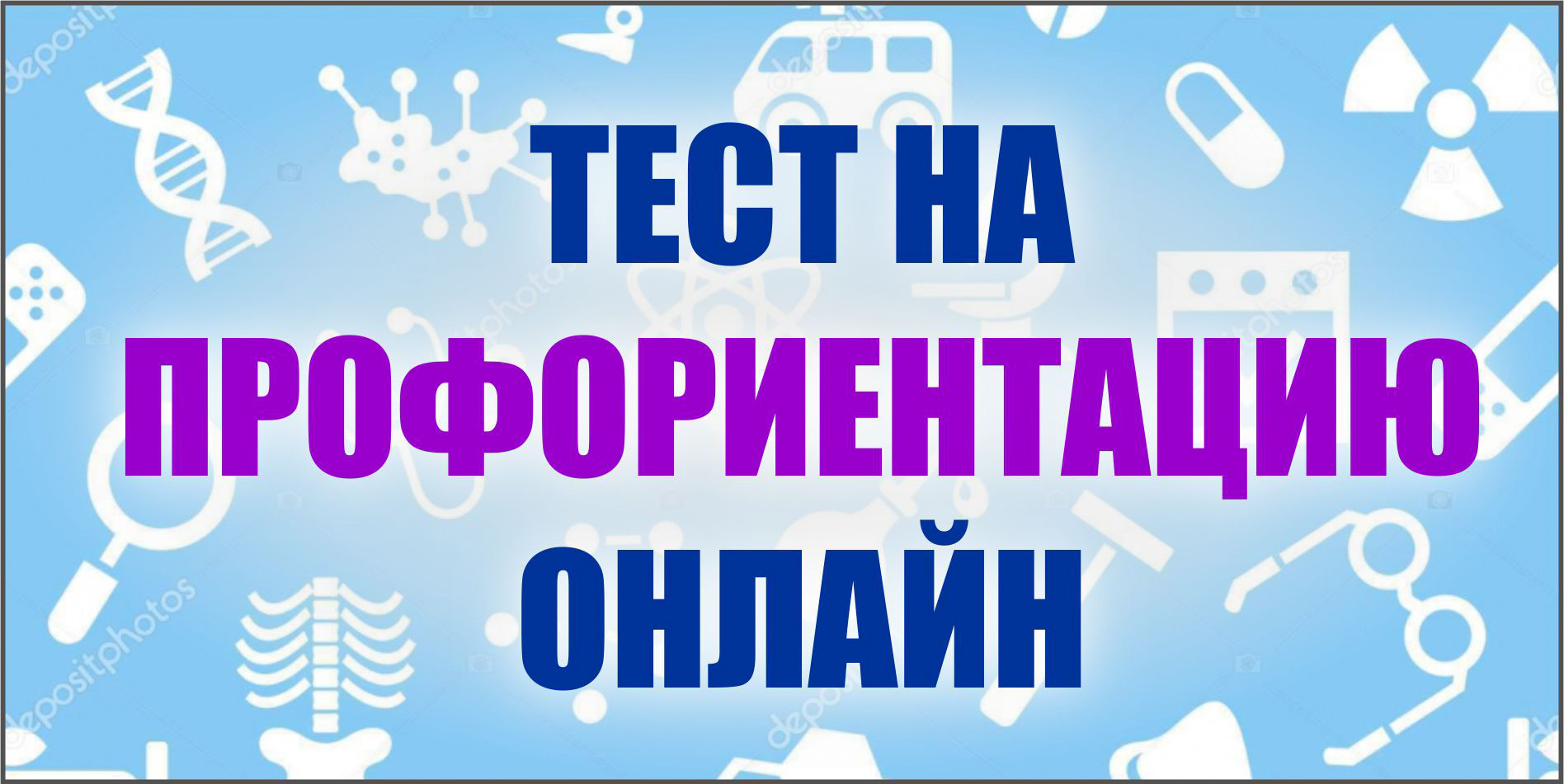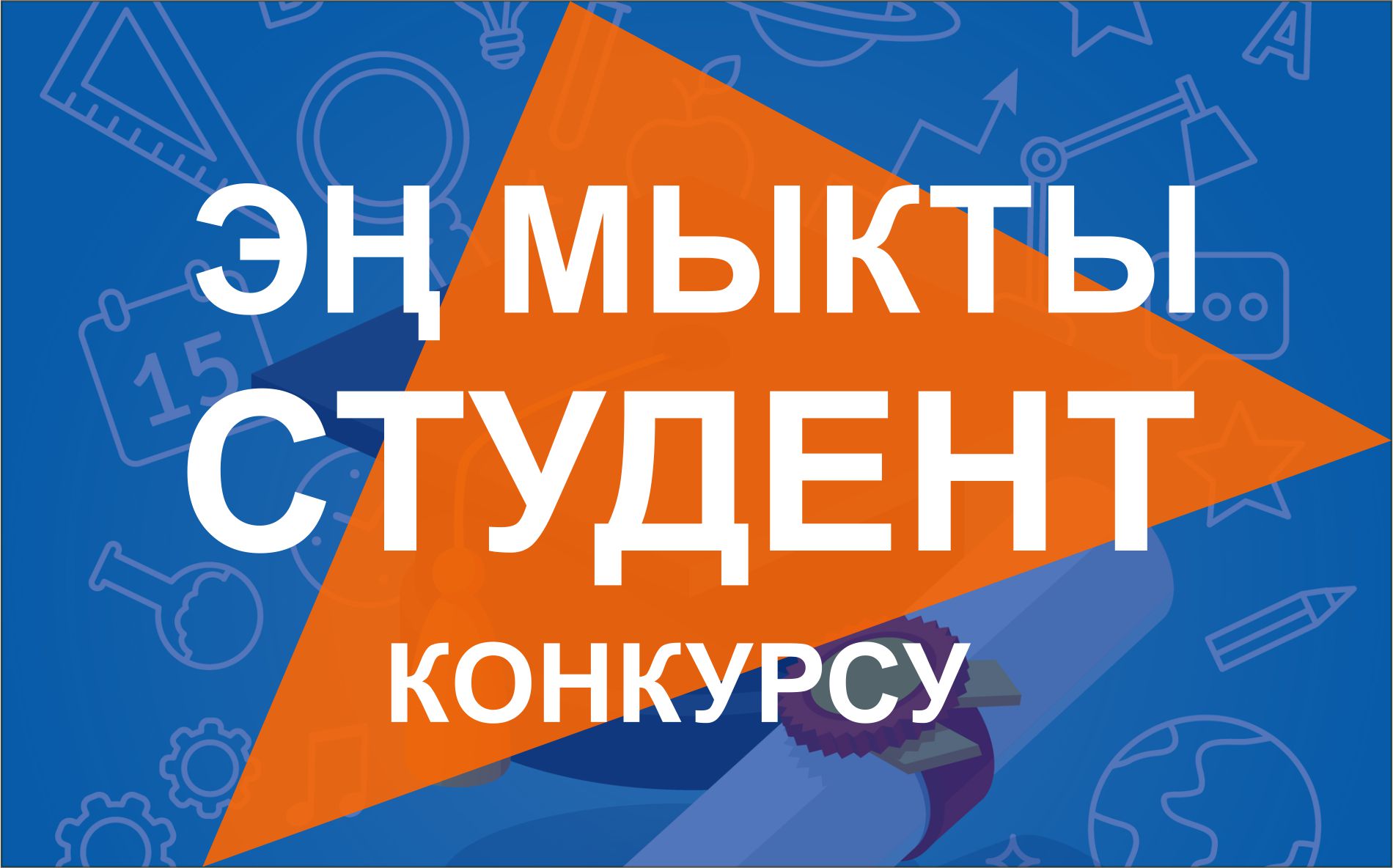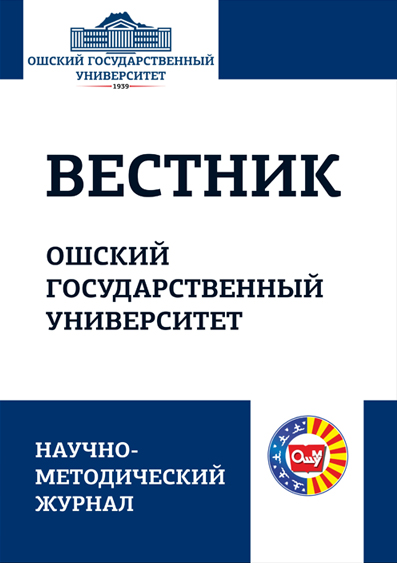MINISTRY OF EDUCATION AND SCIENCE
Kyrgyz Republic
Osh State University
Information pack of faculty of theology
on the basis of preparation of bachelors by the credit technology
Osh - 2019
ACADEMIC CALENDAR
autumn / winter semester:
1-September the beginning of the semester (week of registration)
23-October module
28-October
7- November holiday - Day of the October social Revolution,
18-December exams
30- December
1-January winter holidays
27- January
winter / spring semester:
29 January - beginning of the semester
23- February - holiday - Day of Homeland Security
8 March - holiday - International Women′s Day
19-March-module
24 March
21 March- holiday – Nooruz
1 May - holiday - International Labour Day
5-May - holiday - Constitution Day
9 - May - holiday - Victory Day
21 May – exams
2 June
11 June summer holidays
Contents
|
1. OVERVIEW ABOUT THE FACULTY |
|
1.1. The main objective of the faculty. |
|
1.2. Requisites and guidance of the faculty. |
|
1.3. A summary of the faculty. |
|
1.4. The international relations of the faculty. |
|
1.5. ECTS coordinator of the direction (professionals) |
|
1.6. Information on the direction (specialists) of the Faculty |
|
2. CURRICULUM. Teaching Process |
|
3. DEFINITION OF TRAINING COURSES |
1. OVERVIEW ABOUT THE FACULTY
1.1. The main objective of the faculty
The main objective of the faculty – is spread among the people of all the values of religion, training of well qualified theologians and experts, which will responding to the modern requirements and contribute to rise to the spiritual world of humanity.
1.2. Requisites and guidance of the faculty
The full name of the faculty:
- in Kyrgyz language: “Теология факультети”;
- in Russian language: “Теологический факультет”;
- iv English language: “Faculty of Theology”.
Licenses and certificates:
License – № LD 170000279 (application №5), date of issue- 31.03.2017, end date -endless.
Dean: Myrzaibraimov Samagan Abdyrazakovich – Candidate of Political Science, Doctor of Theology, Docent
Address:
Kyrgyz Republic, 723500, Osh city, Isanova St. 77а
Telephone: 0322243561
Fax: 0322243604
E-mail: theology.osh@gmail.com, oshilahiyat@hotmail.com
1.3. A summary of the faculty
Faculty of Theology of Osh State University was founded in 1993 on the basis of the Contract (22.09.1993.) between the Turkish Foundation «Dianet» and OshSU. Faculty of Theology of Osh State University is one of the first Faculties which were opened in Central Asia.
On the basis of the contract of cooperation with Ankara University at the faculty teaches all subjects which shows in state standard Kyrgyz Republic and religious subjects considering features andspecifics of history of religion.The staff of faculty members includes scholars from the Universities of Turkey invited by the cooperation Contract, and also skilled teachers of OshSU. On chair of religious studies and humanitarian sciences are working 13 lecturers, They include -4 docents, 2 senior teachers and 7 teachers, including 8- doctor of science, 2 candidate of science.
Students are studying in Ankara University and Osh State University. Education of students on contract basis, dormitory and meals of students sponsored by the Turkish Foundation of «Dianet."
Led by the Youth Committee, the students of the Faculty are actively involved in social and cultural events. As well as actively participate in KVN, debates, competitions, intellectual rings (brain-ring) and student conferences, which are held between faculties and universities.
For students are given a dormitory for 100 people with all the terms. The dormitory has a dining room, a recreation room, a TV room and a library room. Also, for students are given three times meals a day. There are sports fields, and close to the dormitory there is a mosque for 350 people, built by the standards of Turkish architecture.
Audience, lecture halls, libraries, reading rooms and offices of the faculty are equipped with furniture.
Resource and technical base of the faculty is:
- computer lab
· conference room equipped with interactive whiteboard.
In the educational process used 32 personal computers, 2 Xerox, 6 printers, 3 video projectors, 1 scanner and interactive whiteboards in each lecture hall. Computer lab has 15 computers. All of computers are connected to high-speed Internet.
In computer lab students can work on a tutorial essays, term papers and diploma papers.
Faculty annually adopts 60 entrants.Faculty today has more than 500 graduates.
1.4. International relations of the faculty
To the faculty arrive scholars of religion from the various universities of Turkey and share with their experience. The faculty has relations with the following universities.
- Ankara university (Turkey)
- Center of a development of education ( Bolu, Turkey)
- Theological faculty of university Atatyurk ( Erzurum, Turkey)
- Kyrgyz-Turkish university "Manas"
- Theological faculty of university of Ghazi (Turkey)
- Center of research of Islam (Istanbul)
- The Islamic university (Bishkek)
- University of Selchuk (Turkey)
- University Ahmad Yasavy (Kazakhstan)
- University of Kastamonu (Turkey)
1.5. ECTS coordinator of the direction (professionals)
ECTS coordinator of faculty :
Sooronbaeva Kauhar Akylbekovna – Head of the education department
Phone.: (03222)43561
Reception hour: 9:00-17:00
e-mail: ksooronbaeva@hotmail.com
1.6. Information on the direction (specialists) of the Faculty
From 2012-2013 academic years the faculty had trains of specialists in the field of (code 531600) "theology." Term of study is 4 years. In the faculty studying the history of religion and closely related subjects with theology and subjects which shows in state standard of the Kyrgyz Republic. And to be precise, the students study the history of religion, Hadith, Islamic theology (the study of the Koran), Islamic law, philosophy, religion, psychology of religion and the Arabic language, pedagogy of religion, as well as the history of Islam at a professional level.
Graduates of the Faculty of Theology are assigned a qualification "bachelor".
Graduates of the Faculty of Theology can work in:
ü Scientific research sphere
ü Training and educational sphere,
ü expert and consulting sphere.
• Theologians can teach lessons in schools of morality and religion.
• In middle and high schools to teach religious studies, history of religion, psychology of religion.
• Can work as specialist analysts to prevent the activities of extreme sects in governmental organizations and security.
• In public organizations or media expert or consultant religion.
• Editor or translator of religion in scientific research organizations, publishing houses or media.
• In the state or public structures related to religion. (Commission on religion, Muftiyat, Kaziyat, etc.)
• Successfully graduated graduates can increase their knowledge in master′s and doctoral, as well as protect their thesis in theology may have a degree.
2. CURRICULUM. TEACHINGPLAN.
Curriculum of theology
The degree of academic qualifications:
“Bachelor”
Training period: 4 year
|
Blocks |
№ |
Name of disciplines |
Lessons |
ECTS б-ча кредит |
|
1 |
2 |
3 |
4 |
5 |
|
1-semester |
||||
|
Cycle HSE |
1 |
Kyrgyz language |
90 |
3 |
|
2 |
Russian language |
90 |
3 |
|
|
3 |
Foreign Language |
120 |
4 |
|
|
4 |
Manas studies |
60 |
2 |
|
|
Cycle MNS |
5 |
Сomputer |
120 |
4 |
|
6 |
Сomponents of the university |
120 |
4 |
|
|
Cycle TPD |
7 |
Studies of Holy book |
120 |
4 |
|
8 |
Arabic language |
180 |
6 |
|
|
9 |
Physical education* |
50 |
||
|
Total |
950 |
30 |
||
|
2 -semester |
||||
|
CycleHSE |
1 |
Kyrgyz language |
90 |
3 |
|
2 |
Russian language |
90 |
3 |
|
|
3 |
Foreign Language |
120 |
4 |
|
|
4 |
Philosophy |
120 |
4 |
|
|
CycleMNS |
5 |
Mathematics |
90 |
3 |
|
CycleTPD |
6 |
Studies of Holy book |
120 |
4 |
|
7 |
Arabic language |
180 |
3 |
|
|
8 |
Learning practices |
90 |
3 |
|
|
9 |
Physical education * |
50 |
||
|
Total |
950 |
30 |
||
|
3 - semester |
||||
|
CycleHSE |
1 |
Сomponents of the university |
60 |
2 |
|
CycleMNS |
2 |
Ecology |
60 |
2 |
|
3 |
Choosing course |
90 |
3 |
|
|
CycleTPD |
4 |
History of religions |
180 |
6 |
|
5 |
The belief of Kyrgyz till Islam |
120 |
4 |
|
|
6 |
Philosophy of religion |
150 |
5 |
|
|
7 |
Arabic language |
120 |
4 |
|
|
8 |
Quran |
120 |
4 |
|
|
9 |
Physical education * |
50 |
||
|
Total |
950 |
30 |
||
|
4 - semester |
||||
|
CycleHSE |
1 |
History of Kyrgyzstan |
120 |
4 |
|
2 |
History of religions |
240 |
8 |
|
|
CycleTPD |
3 |
The belief of Kyrgyz till Islam |
120 |
4 |
|
4 |
Arabic language |
120 |
4 |
|
|
5 |
Psychology of Religion |
90 |
3 |
|
|
6 |
Quran |
60 |
2 |
|
|
7 |
Choosing course |
60 |
2 |
|
|
8 |
Course work |
2* |
||
|
9 |
The developer practices |
90 |
3 |
|
|
10 |
Physical education |
50 |
||
|
Total |
1000 |
30 |
||
|
5 -semester |
||||
|
CycleTPD |
1 |
History of religions |
240 |
8 |
|
2 |
Quran |
180 |
6 |
|
|
3 |
Arabic language |
90 |
3 |
|
|
4 |
Quran |
90 |
3 |
|
|
5 |
Religious pedagogy |
120 |
4 |
|
|
6 |
History of Islamic stream |
120 |
4 |
|
|
7 |
Choosing course |
60 |
2 |
|
|
Total |
9 00 |
30 |
||
|
6 - semester |
||||
|
CycleTPD |
1 |
Quran |
120 |
4 |
|
2 |
Study of hadith |
90 |
3 |
|
|
3 |
Islamic law |
90 |
3 |
|
|
4 |
Biblical Studies |
180 |
6 |
|
|
5 |
Arabic language |
120 |
4 |
|
|
6 |
Quran |
60 |
2 |
|
|
7 |
Religious pedagogy |
60 |
2 |
|
|
8 |
The pre-qualification practice |
180 |
6 |
|
|
9 |
Course work |
2* |
||
|
Total |
9 00 |
30 |
||
|
7 - semester |
||||
|
CycleTPD |
1 |
Quran |
120 |
4 |
|
2 |
Study of hadiths |
120 |
4 |
|
|
3 |
Islamic law |
120 |
4 |
|
|
4 |
Biblical Studies |
60 |
2 |
|
|
5 |
Arabic language |
90 |
3 |
|
|
6 |
Freedom of religion, relations between the state and religion |
150 |
5 |
|
|
7 |
Akaid |
150 |
5 |
|
|
8 |
History of mysticism |
90 |
3 |
|
|
Total |
900 |
30 |
||
|
8 - semester |
||||
|
CycleTPD |
1 |
Religious anthropology |
90 |
3 |
|
2 |
Akaid |
120 |
3 |
|
|
3 |
History of Islamic stream |
60 |
2 |
|
|
4 |
Choosing course 1 |
120 |
4 |
|
|
5 |
Choosing course 2 |
120 |
4 |
|
|
6 |
Choosing course 3 |
120 |
4 |
|
|
7 |
State exam by specialty |
150 |
5 |
|
|
8 |
The work of graduating qualification |
150 |
5 |
|
|
Total |
900 |
30 |
||
|
TOTAL |
7200 |
240 |
||
3. DEFINITION OF TRAINING COURSES
|
Kyrgyz language |
||||
|
Lexical minimum of 2,000 lexical units of general education and terminological character. Notion of differentiation lexicon on spheres of application (household, terminology, official etc.). Notion of free and collocations, phraseological units. Notionof the main ways of word formation. Grammatical skills, providing communication without distorting the meaning of the written and oral communication of a general nature. Speaking. Dialogue, monologue, discussion, argument. Reading. Reading and understanding of household and national literature and literature associated with the profession. Fiction. Letter. Dictation, presentation, mini essay, report, autobiography, etc. Russian language Lexical minimum of 2,000 lexical units of general education and terminological character. Notion of differentiation lexicon on spheres of application (household, terminology, official etc.).Notion of free and collocations, phraseological units. Notion of the main ways of word formation.Grammatical skills, providing communication without distorting the meaning of the written and oral communication of a general nature;basic grammatical phenomena, typical for professional speech. The notion of common use literary, official business, scientific styles, the style of fiction. The main features of scientific style. Speaking.Dialogue and monologue speech using the most common and relatively simple lexical and grammatical resources in basic communicative situations informal and formal communication. Basics of public speech (oral communication, report).Reading.Text types: simple, pragmatic text, text on a wide and a narrow profile of the specialty. Letter. Dictation, presentation, mini essay, report, autobiography, etc. |
||||
|
English language |
||||
|
Features pronunciation of sounds of the target language, intonation, stress and neutral speech: features of all styles of transcription. Lexical minimum of at least 4000 units. The notion of lexicon differentiation on spheres of application (household, terminological, scientific, official and others.). The notion of free and collocations, phraseological units. The notion of the main ways of word formation. Oral and written exercises, the basics of grammar. The notion of art, daily, official and scientific research styles .The features of science style. Culture, customs and rules of etiquette. Speaking. Dialogic and monologue speech using the most commonly and relatively simple lexical and grammatical resources in basic communicative situations informal and formal communication. Fundamentals of speech. Listening. Dialogue and monologue in consumer and professional communication. Reading. Letter. Types of speech works: abstract, abstract, abstracts, letters, biographies. |
||||
|
The history of the fatherland |
||||
|
Essence, forms, functions of historical knowledge. Methods and sources of the study of history. About the ethnonym "Kyrgyz". Three main areas of the origin and formation of the Kyrgyz people. History of Kyrgyzstan- part of world history. Ancient period. Saki, Huns, Usuns. Davan state. The era of the Great Migration, Attila.Stages of formation of statehood . Ancient Russia and Great Powers.Turkey kaganats, particular social and military system. Kyrgyz state and the Great Powers. Karakhanids Kaganate, the adoption of Islam. Cities, science, literature (Zhusup Balasagyn Mahmoud Kashgari). Great Silk Road. Kyrgyz in the State of Chinghiz Khan. 13-14century, problem of interference.Tamerlan and medieval Europe and Asia. State of Kyrgyz- political consolidation. End of ethnogenesis of Kyrgyz in the Tien Shan. Kyrgyzstan at the beginning of the 16-17th centuries. Kyrgyzstan and Kokand kaganate. The role of the Kyrgyz feudal lords in socio - political life during the Kokand Kaganate. Akboto biy, Kurmanjan Datka. People′s diplomatic relations with Russia. As a part of Russia. Kyrgyzsatn- colony of Russia.The new administrative Territorial Department, taxes, land policy. Features of industrial prosperity in Kyrgyzstan. Culture Russia in 19 c. and its contribution to world culture. The role of the twentieth century in the history of the world. Revolution and reform. Clash of the trend of internationalism and nationalism.Kyrgyzstan during the First World War. The uprising in 1916 October Revolution in 1917 Socio-economic development of the country in the 20s. The program of development of the state. The NEP. Land and water reform. Mode is a single-party politics. Education of the USSR and the KSSR.Socio-economic transformation in the 30s. Repression. Kyrgyzstan during the Great Patriotic War (1941-1945). On the front and rear. 1945-1960 years. socio-political and socio-economic development. Kyrgyzstan in 1963-1985 years. Growing crisis in the economy and social life.KSSR in the years of perestroika in the USSR in 1985-1991 years. The collapse of the Soviet Union. Independent Kyrgyzstan. Kyrgyzstan in the way of social and economic reform. Culture in the Kyrgyz Republic. Foreign policy in the new geopolitical conditions. |
||||
|
Philosophy |
||||
|
The subject of philosophy. The role and meaning of philosophy in culture. The origin of philosophy. The school of philosophy, the main ways of direction and stages of its development. Scientific structure of philosophy. Genesis. Monistic and pluralistic concept of being, idealization and materialization. Space and time. Dialectics, development and movement. Determinism and indeterminism. Dynamic and statisticalregularities. Scientific, philosophical and religious worldview. Man, society and culture. Man and nature. Society and its structures. State and civil society. The man in the system of social relations. The man and the historical process: the identity and weight: freedom and necessity. Formation and civilization concept of social development. The meaning of human existence. Violence and non-violence. Freedom and responsibility. Morality, justice and law. The value of tradition. The value of aesthetics and its role in life. Religious values and freedom. Consciousness and Cognition. Consciousness, self-knowledge and personality. Knowledge, publishing, practice. Confidence and science. Understand and be understood. Rationality and irrationality in cognition. The problem of justice. True, thinking, logic and language. Research and scientific knowledge. Criteria of education. The structure of education, methods and forms. Scientific Revolution. Knowledge and technology. Mankind in the future. The global problem of our time. |
||||
|
Manas studies. |
||||
|
About the origin of epic "Manas": the definition of "national epic". Historical records of the epic "Manas". Manas studies - modern science. Manas studies in the Soviet Union: Options epic "Manas": philological and historical study of the epic texts: the publication of the epic "Manas":the ideological influence of the state on the development of Manas studies. On the traditional stories of the epic "Manas": traditional stories, causes changes in the epic story. Worldview Kyrgyz and storytelling Manas manaschi: a worldview Kyrgyz Manas magical functions, types manaschi phenomenal manaschi, the role and significance. |
||||
|
Mathematics |
||||
|
Euclidean geometry - as the first theory in natural science, the method of axioms, the formation of new methods of modern mathematics, the structure of modern mathematics, the main features of thinking in mathematics, proofs in mathematics, elements of sets, relations, mapping numbers; elements of the combination, finite and infinite sets, the basic structure of the set; analysis of the main ideas in mathematics. The role of mathematics in the humanities. |
||||
|
Computer Science |
||||
|
Fundamentals of information, data collection, processing and information processing. Hardware and software in the implementation of information processes. Functional model. Algorithms and software. Programming language, programming and support. Local and global networks. Based on the type of news and information. Methods of the kind of information. Computer workshop The evolution of computer technology (basic concepts of information technology, PC architecture, computer and software structure, classification of software programs and their work, the operating system and its main problems, the popular operating system and its features) Modern information and communication development of computer technology; The basic concepts of the Internet: the principles of service and system software: Windows OS: general characteristics; folders and files Windows; operations conducted at pomoschifaylovyh structures; backup, antivirus programs. Text Format and redakutsiya. Working with tables and graphics. |
||||
|
Ecology |
||||
|
Biosphere and man: the structure of the biosphere, ecosystem, and the nature of the body, the environment and human health, the global problem of the nature, the principles of Ecology & Safety nature and use of resources, the basics of using nature, engineering and technology Safety ecology, professional otvettvennost, international cooperation on Environment Programme |
||||
|
Introduction to Specialty |
||||
|
Basic concepts of theology. Scientific direction, technique and feature theology. Distsirliny. Communication theology with other disciplines. Prospects and problems of theology. Basic information and practice in the specialty. |
||||
|
The history of religion |
||||
|
Different opinions about the sources of religion. Old-time religion, mythological consciousness, religious experience in its original form; clan genealogies and cults. Poletoizm in the past. Ancient Egypt and Mesopotamia culture and religion. Evolution antropomorfizmka (Ancient Egypt). Religious plexus and idolatry (Ancient Rome).Eastern religions: the religion of India (Vedic cult, Brahmanism) .Zhaynizm, Hinduism, Buddhism, Zorastrizm, Taoism and Konfutsinstvo. Shintoism. Judaism: appearance, the main stages of the history of Judaism, in the direction of Judaism. Islam: appearance, the main stages in the history of Islam. Quran, ryvayat, fundamentals of religion, Kelam, Shi′ism and Sunnism, mysticism (Sufism); modern trends and sects. Modern religion, fundamentalism and modernism. The role of religions in world culture. |
||||
|
Quran studies |
||||
|
The purpose, relevance, history, sources and methods. Role and subject discipline, method of Quran tafsir, asbabnuzul, Makkii-Meden, Nasih-mansuh, Tafsir-tavil, mantuk-mafhum, muhkem-mutashabih, muzhbel-mubayyan, GharibiKuran, QuranIzhazyand tanasub Qur′an and historical problems., |
||||
|
Hadith studies |
||||
|
The occurrence of and development of the Hadith. Methodology,mutevatir, Sahih, Hasan, zayyf, mavzu. The concept of Sanad, Ravi, Rivayat. Hadith link with other disciplines. Kuran, Kelam, fiqh, tasawwuf. Scientists and their work. Imam Bukharizhamius-Sahih, Imam Muslim zhamius-Sahih, Imam TirmidhiSunan, Ahmad bin Hanbal al Musnad, Imam al-Muwatta. |
||||
|
Islamic law |
||||
|
Methods and system of Islamic law. The process of development of Islamic law. Ijtihad in Islamic law: Book, the Sunnah, Izhma, Kiyas. Restraint in Islamic law: haram, Adal, makrooh Mubah, mandup, mustahabb. Family in Islamic law, nikah and its terms, Mahir. Human rights, women′s rights, equality between men and women, divorce. Muamalat. |
||||
|
The belief of Kyrgyz till Islam . |
||||
|
Kyrgyz pre-Islamic beliefs: Buddhism, Manichaeism, Christians, their influence, as well as other beliefs: creation, earth, water, cults fathers Umai Ene, the concept of the world and the universe, how to conduct customs of the deceased to the other world, seasons, years and names religious concept of marriage customs, clairvoyants |
||||
|
Biblical Studies |
||||
|
The objects of Christian beliefs: fundamental or systematic belief of Christians, apologetics, ethics Christians, ministers of religion, the Bible, classical theology Christians. |
||||
|
The religious philosophy |
||||
|
The religious philosophy and the philosophy of religion. The objects and functions of religious philosophy, the main problems in religious philosophy. Ontology, metaphysics, epistemology, axiology, ethics, social and political problems in the philosophy of religion. Religious philosophy and theology: the differences and similarities. Christianity:Byzantine culture philosophy, academic philosophy, the philosophy of the Slavophiles, Orthodox anthropology, metaphysics unity sophianism; Augustinianism, Thomism, neo-Thomism, neoavgustinizm, Teilhardism; orthodox Protestant theology, liberal theology, the theology of crisis, new theology.Judaism: Jews during the thoughts of the Bible, the thoughts of the Jews in the time of the Second Temple, thoughts of Jews during the Talmud, the construction of Jewish medieval philosophy. Thoughts of the Jews in the Age of Enlightenment, the relationship of the Greek, Jewish philosophy arabskoyi, Europe′s influence on Jewish philosophy.Buddhism: Philosophy School Hinata (Vaibhashika, Sautrantika), a school of philosophy and direction Mahajan (Yogacara, Madhyamaka). Islam: the orthodox modernists (dialectal monadizm, philosophy of the Quran. Not confessional and sinkretical religious philosophy. |
||||
|
Arabic language |
||||
|
Grammar, work on the text interpretation. Speaking, sentence structure, interrogative sentences, questions and answers, writing, numbers, counting, verbs, and practical work. |
||||
|
Freedom of conscience and state confession relations |
||||
|
Religion and human rights: freedom of religion. Constitutional legal bases of religious freedom and the activities of religious organizations. The constitutional guarantee of religious freedom. Governmental and religious organizations. Relations between the state and religion in Kyrgyzstan and in other countries: past and present. Religion laws in other countries. Religious associations in Kyrgyzstan: the concept of merging the religious, as well as their form (religious groups and organizations). Establish religious organizvatsii and state registration. Rights and obligations of religious organizations. |
||||
|
Psychology of Religion |
||||
|
Psychology of Religion is religious component. Analysis based on the works V.Vund, T.Ribo, T.Firnua, William James, E.D.Starbuck, J.A.Leuta. the main directions in the psychology of religion. Behaviorism, Gestalt psychology, psychoanalysis in the psychology of religion, psychology Shepherd, the phenomenon of the psychology of religious freedom, the cult of the psychology of religion and society, religious meditation, psychology, religious communities and individual religious identity and its types. |
||||
|
Religious anthropology |
||||
|
The concept and analysis of religious worldviews between societies that have and do not have the cultural script. J. Fraser, E. Taylor, E. Lang, R. Marette, Emile Durkheim, B. Malinowski, E. Evans-Pritchard, M. Spiro, M. Eliade, V. Turner, C. Geertz, C. Levi Strauss, M. Douglas. Worldview and anthropological analysis of historians, anthropologists and sociologists. The concept and analysis of the main stages of religion: the relationship between the holy and sacred traditional culture; psycho-technical direction in the world of religion; the relationship between myth and ritual. The study of the basic concepts of anthropology, methodical evaluation of magical religious studies in a traditional society. Anthropological features of the world religion - Buddhism, Islam, Christianity. Carrying out specific empiric research method, the structure of the algorithm research program in narrow circles, interviews in narrow circles, the main interview, especially the use of the method of analysis of the document. Main category of structure of anthropology of religion. The connection between religion and magic, psycho yoga. Quran Science of tajvid (rule of the quran) жана генезиси. To read right quran and memorize defenition of suro to understand meaning of suro.The memorize of suro of namaz.78-nebe,67-mulk, 36- yasin anf 3 others suro of quran. To read right quran of 100-200 pages. The science of kyraat. Features of kyraat anf his ways. |
||||
|
Peadogogy of religion The method of teaching religion. Personal and pedogogy. Relation between pedagogy and religious sciences. Teaching of religion and religious problems.. Religion and problems of teaching ethic; religion and the main difference of ethic; the methods of teaching ethic and the influence of religious schools improve of social and personal the basic functions of religious schools to give bring up for future generations. |
||||
|
Theology (akaid) The meanign of theology. To regulate as a science of theology.Theological problems till faith Islam.The basic facts of emergence the science of theology. Исламды түшүнүүнүн натыйжасында пайда болгон теологиялык агымдар, көз караштары жана алардын исламды түшүнүү методдору. Relation between God world and person. God’s difference .The duty and miracle of prophets. Person’s the role of life and duty The proofs of ontology and cosmology theology there is about God.Universe and metaphysics(angels and jinns).After death to create problems . The proof of analogy inQuran about lifeafter death. Connection of science of theology with others literatures. History of stream islam The theme of history of stream islam, objectives, methods, the main terms and streams. The reason of emergence sects of islam, difference political and faith, пикир келишпестиктер. The old sects of islam:, Murjia, Mutazila, Shia, Zaydia, İsmailia, İmamia, Ashariand Matrudi.The territory of spread sects of islam. The contribution to islam. |
||||
History of mysticism
Sufisim’s previous and current condition in the history of mysticism; appearing, reasons, objectives , developing , the famous representatives of sufism, schools and appearing schools of sufism , developing, spreading, condition at the moment, the influence of world cultural. Features,the role and difference of studies sufism and schools in muslim′s world. The main term and definition in mysticism. Kadyrii,Yasavi, Ishkil, Nakshiband and their influence to kyrgyzs.



















